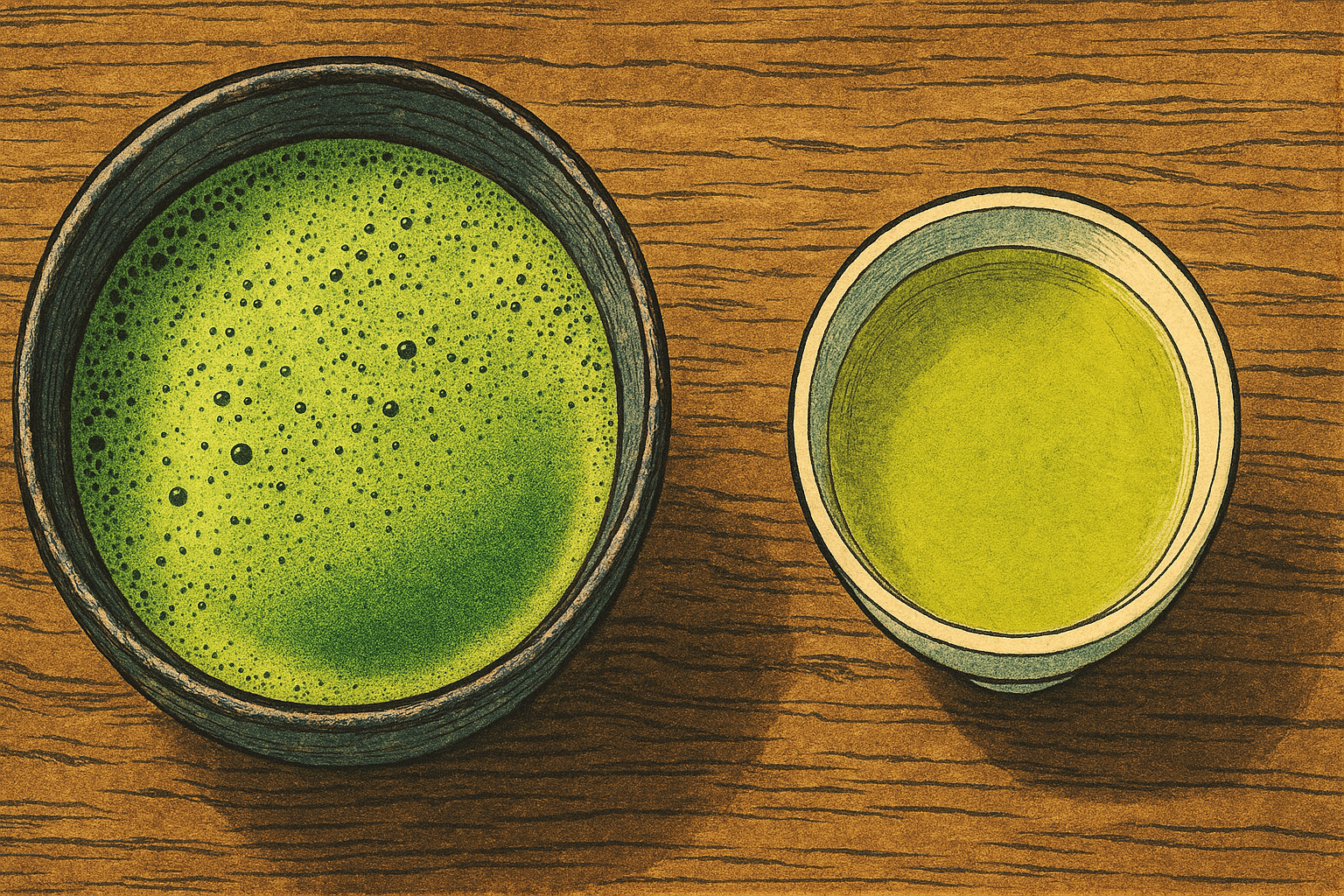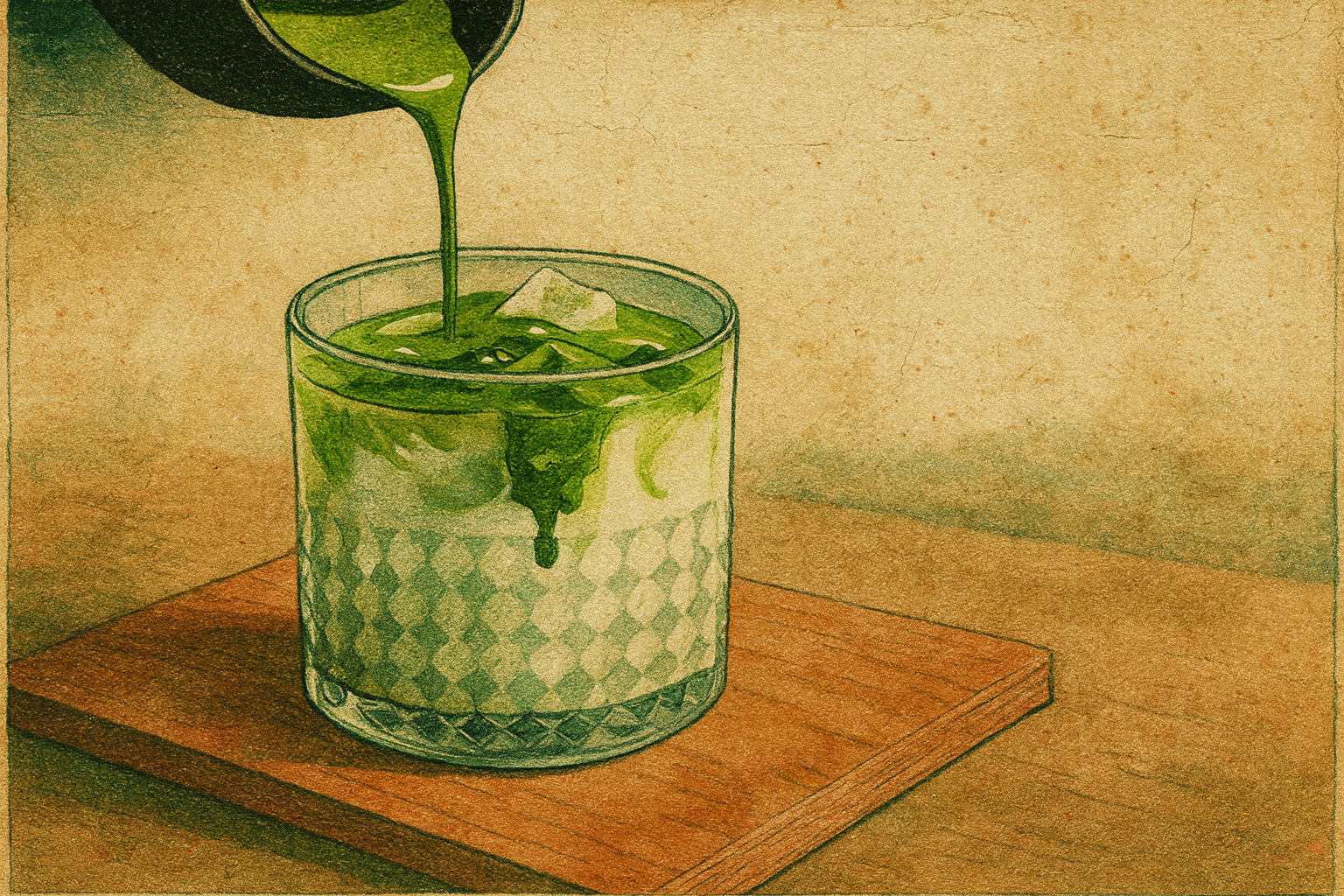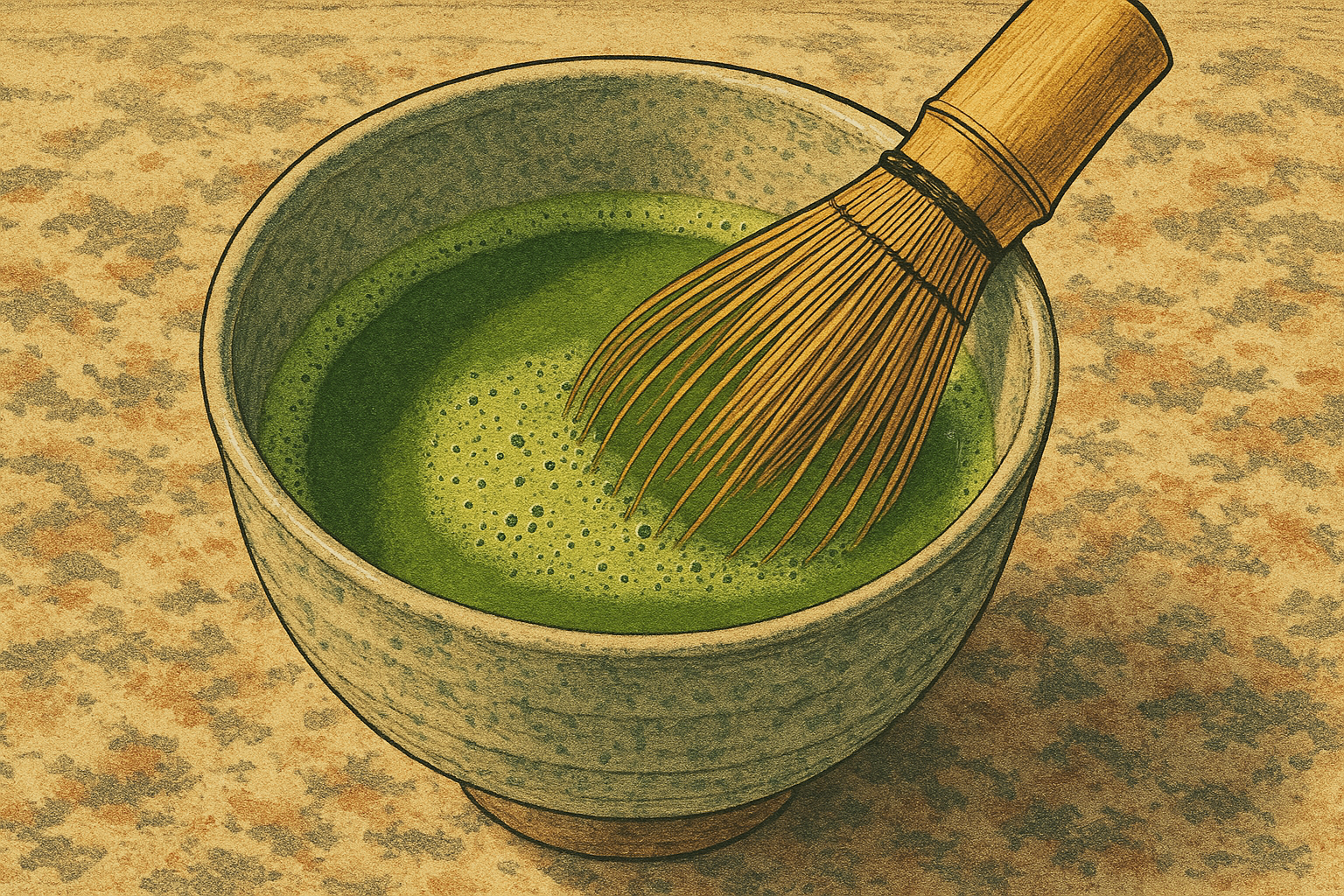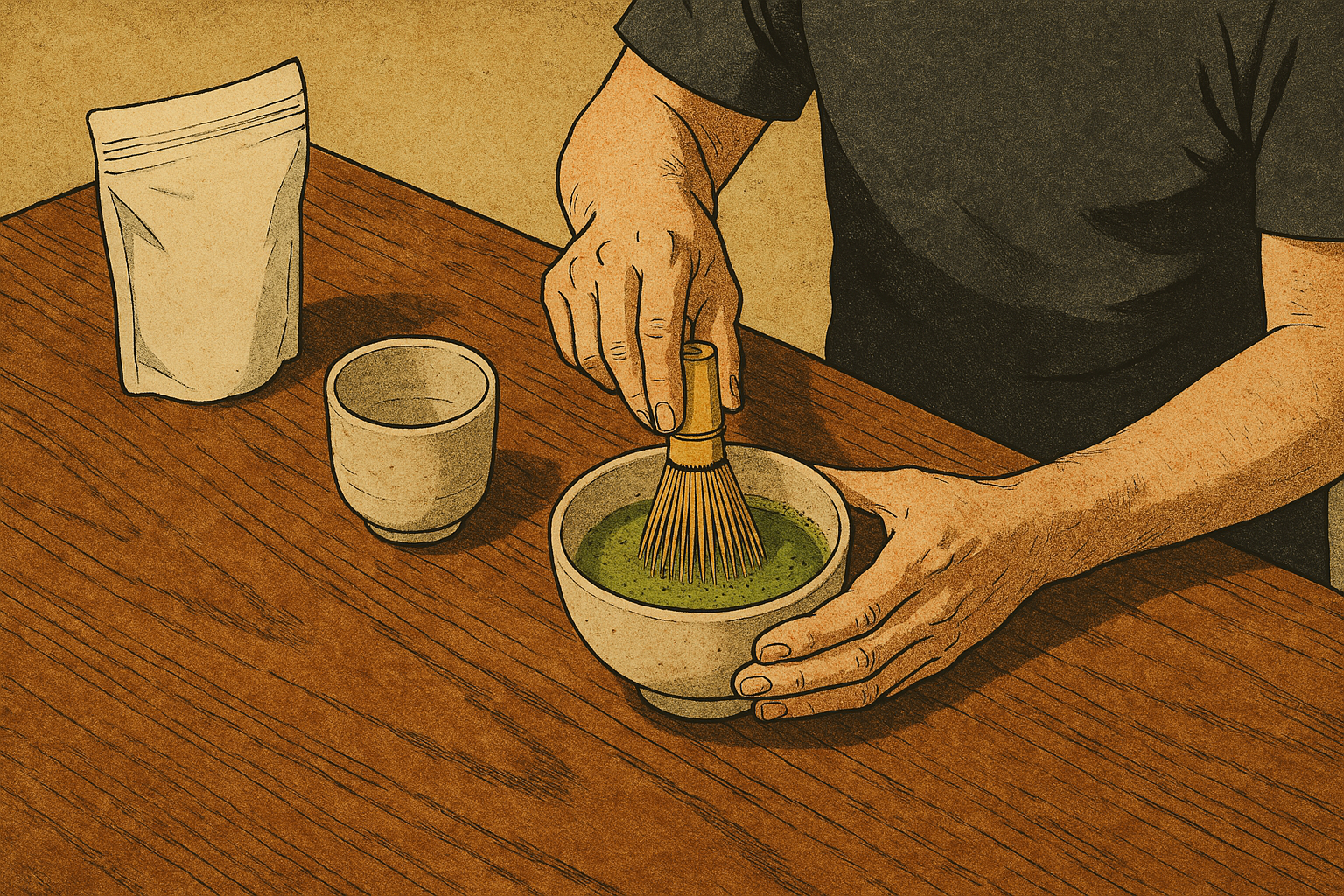Green tea is renowned worldwide for its health benefits and refreshing taste. Sencha tea and matcha tea are often compared because they are the most popular Japanese varieties. Both originate from the same plant, yet they are farmed, processed, and consumed in quite different ways.
If you want to experience authentic Japanese matcha, try Matsu no Midori Matcha, a high-quality option that showcases the rich flavor and smooth texture for which matcha is renowned.
Understanding the difference between sencha tea and matcha tea will help you choose the one that best suits your preferences and lifestyle.
Sencha: Japan’s Everyday Green Tea
Sencha (煎茶) is the most popular green tea in Japan, making up about 80% of the country’s tea production. Sencha is known as Japan’s classic steamed green tea. It brews a light green to golden cup that can be enjoyed hot or cold. Like all green teas, it comes from the Camellia sinensis plant but what sets it apart is how it’s grown.
Sencha is cultivated in full sunlight which gives it a bright color. The leaves are steamed, rolled and dried after picking. This method helps retain antioxidants, amino acids and natural compounds which creates a refreshing tea with a mild sweetness.
Matcha: Japan’s Powdered Green Tea
Matcha (抹茶) is a finely ground green tea powder and famously produced in the Uji region of Kyoto. It is made from shade-grown leaves called tencha. For up to 50 days before harvest, the plants are kept under shade which boosts their chlorophyll content and gives matcha its vibrant green color and high nutrient levels.
Once harvested, the tencha leaves are steamed, dried, and carefully stone-ground into a fine powder. Unlike sencha, where you steep the leaves and remove them, drinking matcha means consuming the entire tea leaf. This makes matcha a more concentrated source of antioxidants, caffeine, vitamins, and fiber.
Flavor Profiles of Sencha vs Matcha
Sencha green tea offers a wide range of flavors, from grassy and floral to slightly sweet or astringent. Its taste depends on where it’s grown, the season of harvest and how it’s brewed.
When prepared well, sencha usually has a light grassy aroma with gentle sweetness, making it easy to enjoy every day.
It’s refreshing flavor also makes it a popular choice for cold brews, especially in summer.
Matcha has a much stronger and fuller taste compared to sencha. When whisked with water, it becomes smooth and creamy, with a bold umami flavor, slight bitterness, and a natural sweetness.
In the West, matcha is often divided into two grades which are the culinary and ceremonial. Culinary matcha is more affordable, with a stronger bitterness and wider color range, while ceremonial matcha is made from higher-quality leaves and offers more delicate flavors.
Depending on the production, ceremonial matcha can taste floral, mellow, or sweet with rich umami notes. If you want to experience authentic ceremonial-grade matcha, try the Matsu no Midori 40g, known for its smooth texture and balanced umami flavor.
Health Benefits of Sencha Tea vs Matcha Tea
Sencha Tea: High in Antioxidants and Vitamin C
Sencha tea is rich in catechins and powerful antioxidants that support heart health, aid weight management, and may reduce cancer risk. It is also one of the best natural sources of Vitamin C, which strengthens the immune system, supports collagen production, and promotes healthy skin and blood vessels.
Sencha contains about 1.5 times more Vitamin C than red peppers, making it an excellent choice for daily wellness. Drinking sencha regularly can help protect against lifestyle-related diseases and improve overall health.
Matcha Tea: Nutrient-Dense and Long-Lasting Energy
Matcha tea is made by consuming the entire powdered leaf, which means your body absorbs far more nutrients compared to steeped teas. One cup of matcha can deliver the health benefits of up to 10 cups of regular green tea.
It contains L-Theanine, an amino acid that works with caffeine to provide calm, focused energy without the crash that comes from coffee. Matcha also supports digestion, helps reduce bloating, and contains around five times more L-Theanine than other teas, promoting relaxation.
With its high levels of antioxidants like EGCG, matcha tea may also lower the risk of heart disease and support long-term health.
Sencha Tea vs Matcha Tea: Which Should You Choose?
Choosing between sencha tea vs matcha tea depends on your taste and daily routine. Sencha offers a classic flavor that’s easy to prepare and perfect for everyday sipping.
Matcha, on the other hand, delivers an umami-rich taste which makes it ideal for those who want focus and sustained energy.
Both teas are packed with antioxidants and health benefits, so whether you prefer the light simplicity of sencha or the rich intensity of matcha, you can’t go wrong with either.



